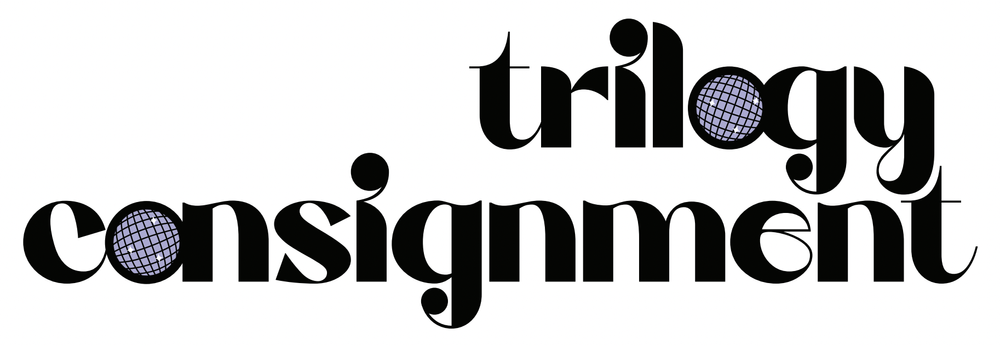We live in an age of activism. In 2018, it’s imperative that you know what you stand for, and that you have ways of letting everyone else know too. Scroll through your Instagram or Facebook feed on any given day, and you’re bound to see your friends passionately sharing articles, posting pictures of the most recent march they attended, and hopefully attaching a call to action to all of it. All of these are fine ways to spread your message, but what many people don’t know is that your clothing -from your go-to sweats to your favorite party dress- speaks volumes about where you stand on some important issues.
Let me be clear: I’m not talking about the pink crocheted hats and shirts emblazoned with phrases like “Namaste in Bed” and “The Future is Female” (both of which are pretty problematic, but that’s another post). Actually, most of what your clothing has to say is communicated not when you wear it, but the moment you swipe your credit card to make it yours.
You see, all across the globe, there are thousands of clothing factories cranking out athletic pants and button-downs and that perfect pair of jeans. Unfortunately, most of those factories contain workers (80% of which are women) who are forced to work in inhumane, harsh conditions; they are forced to work 16+ hour days with little-to-no pay, water breaks, or food. Those factories are owned by companies who are complicit in this treatment of their workers by refusing to practice accountability and transparency within their supply chains (Nike, H&M, Prada- you can check out all of your favorite brands and where they stand here).
We live in an age of activism, we also live in an age in which we are consuming commodities like clothing at an alarming rate. The people want their t-shirts and they want them yesterday! This is great news for those companies I was talking about: they get to produce their garments and put them in stores at lightning speed, and they offer them at unbelievably low prices. The people love this! Who would plan a carefully-selected, high-quality wardrobe when you can get the outfit you need right now at the mall for $15?!
Well, hopefully, you would.
The ethical and environmental implications of buying what is now known as “fast fashion” are great, and they deserve our attention. This movement is both incredibly easy and difficult to be a part of - this ongoing protest we stage every single day when we get dressed. Here are some ways you can make sure that your clothing says you care about the rights of garment workers, factory cities and towns, and Mama Earth (you know, if that’s your thing):
Buy clothing from companies who are committed to ethical/fair-trade/sustainable practices.
Buy from local artisans. Especially here in the Lower Hudson Valley, we have quite a few talented clothing designers and makers at places like Quirk Shop in Peekskill.
Buy second-hand! When I talk about this option, I get asked a lot about the implications of buying a brand you know doesn’t practice sustainability or transparency within their supply chains at a second-hand store. Remember what I said earlier about how most of your communication happens when you swipe your credit card? Well, when money exchanges hands directly between you and a fast fashion company, you’re telling them with your purchase that you approve of what they’re doing and you want more! However, when you buy clothing from that brand at a local consignment or second-hand store, the money doesn’t ever reach those companies. Instead, it says, “I support local business! I don’t want clothes to go into landfills, I want to wear them!”
Only buy clothing that you really, really want or need. There are tons of ways to approach this, from minimalist shopping habits to clothing swap parties to creating a capsule wardrobe for yourself. I will be posting more about these options in later posts, so stay tuned!
The journey to becoming more conscious in all aspects of our lives is sometimes daunting and uncomfortable. It’s hard to learn that we’ve been harmful when we didn’t mean to be!
However, the opportunities for growth and change are ongoing, and there is grace all around as we all still have a lot to learn. I hope you were able to learn something here today, and that your outfit today says, “I care about garment workers and the earth!” and maybe also, “Damn, friend, you look good!”
In Solidarity,
Kelsi

